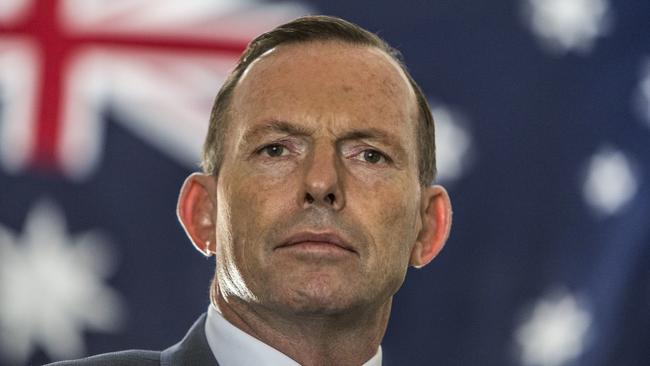
Having finished 2023 on a downturn in public support and facing various challenges after the catastrophic failure of the Indigenous voice to parliament referendum in October, the Prime Minister worked through Christmas and tried to regain momentum and public interest. He also has sought to shift the damaging impression that he has been overseas too much and not interested in the rising cost of living, with a hectic domestic travel schedule – he was in three states in less than 36 hours on Wednesday and Thursday – and a hyper-local emphasis.
This is a crucial time for Albanese and Labor with a series of critical issues drawing public fire, falling public support and an inability to announce any specific remedial action for people facing weekly financial stress because of housing, energy and grocery costs.
In the past, a failure to correct a decline in public standing between the December holiday period, January 26 celebrations and the resumption of parliament directly led to the destruction of the leaderships of Kevin Rudd, Julia Gillard and Tony Abbott.
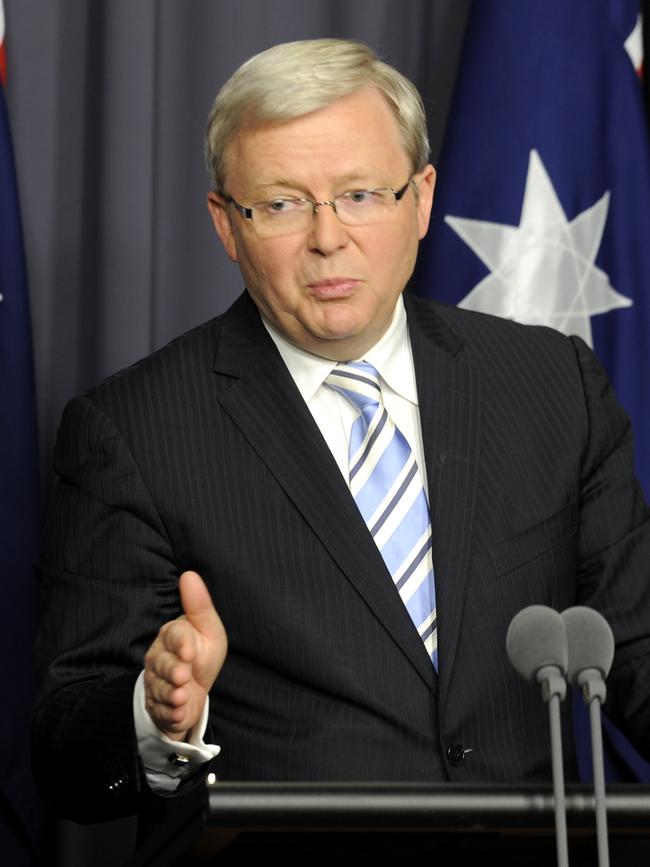
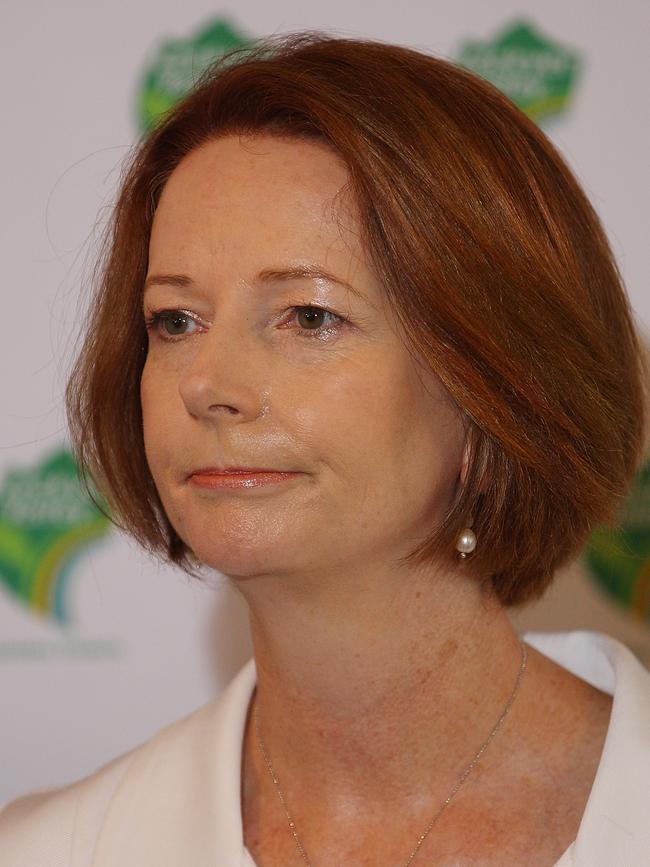
Albanese does not face the active undermining those leaders did but the falling popularity, policy and political failures and growing concern among government MPs are all there. A replication of those January-February errors will damage attempts to regain momentum and reset Labor’s course.
Aware of the difficulty he will face after the failure of the voice referendum, Albanese at least has worked out in advance a credible narrative on how he will be approaching Australia Day. Previously the government has failed to anticipate obvious problems, and the theme on Australia Day – a respectful treatment of 60,000 years of Indigenous heritage, a proper acknowledgment of European settlement and contribution, and a recognition of the more recent multicultural development of Australia – gives Albanese a consistent message.
Politically the focus for Albanese’s midterm political campaign is on working people, family budgets, jobs, trying to lower the cost of living and a concentration on particular seats and regions that clearly are vulnerable to Peter Dutton’s appeal as a Liberal leader for the workers.
In a welter of travel and announcements in individual seats designed to appeal to Labor voters who are feeling disenchanted – such as in the Hunter Valley in NSW – Albanese has stood by premiers and MPs unveiling road projects, water infrastructure and medical centres. In Adelaide on Wednesday, Albanese pointedly did not attend the Test match and said he would be flying to Tasmania without going to the cricket.
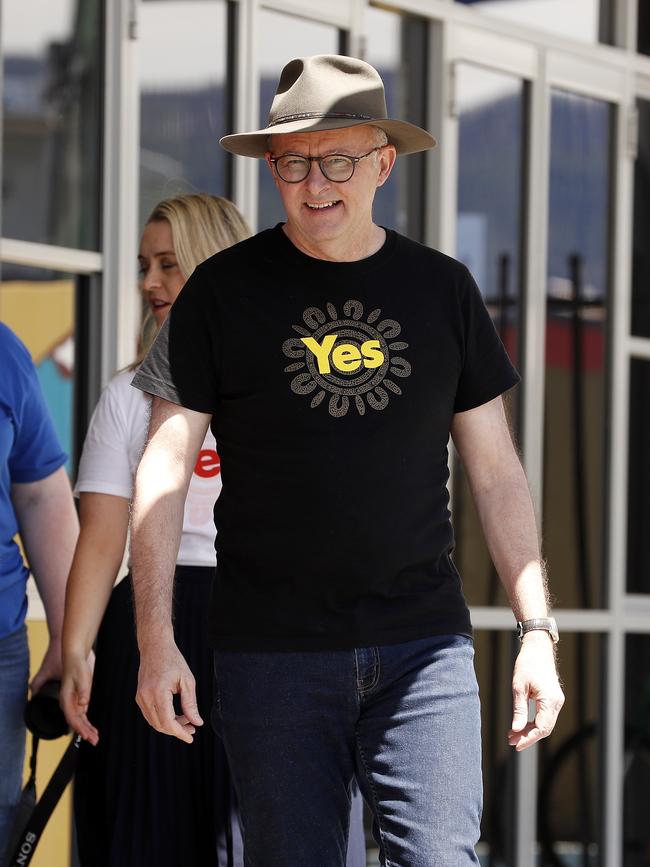
The campaign also has contained the implicit concession that Labor’s previous measures on trying to reduce the cost of childcare, doctor’s visits, medicine and vocational education simply were not cutting through with people facing housing crises, crippling inflation and fears the government was going in the wrong direction.
When asked on a radio station in Hobart how he would try to remedy the clear truth that the message was not getting through or not being accepted, Albanese answered “by communicating” and specifically that it was about speaking on local radio stations.
Albanese had to spruik local developments, such as a new road, green energy centre or urgent medical centre, to get this message through in part because from early this month he has been unable to project any clear national objective or direct reduction in living costs, except for a suggestion there would be some relief in the budget. It was the same promise he made before Christmas, when there was an expectation of a much larger political and policy shift.
At the same time, even on local radio he was being challenged about whether legislated tax cuts would go ahead, the tardy response to the US request for help in the Red Sea, local divisions over the Hamas terror attacks on Israel and the Gaza response, and renewable energy projects threatening the environment and local communities.
In a sign that trying to refocus was not going to be easy, Albanese was quizzed about dissembling claims he had made about the $15bn National Reconstruction Fund being “open for business” and Australia playing a military role in defending ships in the Red Sea, and was found wanting. He also was asked whether the appointment of former Labor minister Craig Emerson to conduct a review of the code of supermarket behaviour would have a real and immediate effect on grocery prices, and his response had to remain vague.
Even his mantra-like response on the stage three tax cuts from July 1 of “we haven’t changed our position” is being challenged in public because it allows for a later change in the budget because of changed circumstances.
The real test on all these issues is whether Albanese can persuade voters of the credibility of his plans after the failure of the referendum, and whether they will accept the time it is going to take to see real relief from inflation.
Indeed, he is alert to workers’ uncertainty, as he declared this week he would be “a jobs prime minister” but had to warn that falling inflation could lead to rising unemployment. The day after Albanese said he was a jobs prime minister the unemployment rate remained at 3.9 per cent but news of the loss of 65,000 jobs by the end of last month raised fears the rate soon would have a 4 at the front instead of a 3.
The previous prime ministers who ran into deep difficulty as the political cycle kicked back in also had general difficulties and falling public support, but their problems were compounded by their own political misjudgments.
Rudd, having had his carbon pollution reduction scheme blocked by the Greens in the Senate in 2009, was expected within Labor to call an election on the Australia Day weekend in 2010 and take the “greatest moral challenge of our time” to the polls.
Instead he announced his authorship of a children’s book. Rudd lost key internal support as the ratings of Labor and the leader both fell: in December 2009 the ALP’s primary vote in Newspoll was 43 per cent; it dropped to 39 per cent in January-February 2010 and satisfaction with Rudd fell eight points from December 2009 to 50 per cent in January 2010. After a disastrous foray into a new mining tax Rudd was finished.
In January 2013 Gillard, after seesawing poll support in December 2012 finished on a primary vote of 36 per cent and a satisfaction of 36 per cent for her as prime minister, unsettled her colleagues with a pre-parliamentary address in which she threw away her leadership prerogative and announced a September election. In February, Labor’s primary vote had fallen to 31 per cent and Gillard’s satisfaction dropped six points to just 30 per cent. It was the beginning of the end for her leadership.
Abbott, who had maintained reasonable primary vote support for the Coalition, 46 per cent in December 2014, and a satisfaction rating of 36 per cent, crashed after a calamitous Australia Day 2015 announcement of a knighthood for Prince Philip. By February 2015 primary support was down to 43 per cent and his satisfaction crashed to 24 per cent.
A miscalculation at Australia Day can be the final straw for a PM who has ended the previous year with a political failure and gone into the new year with a desperate need to regain momentum.


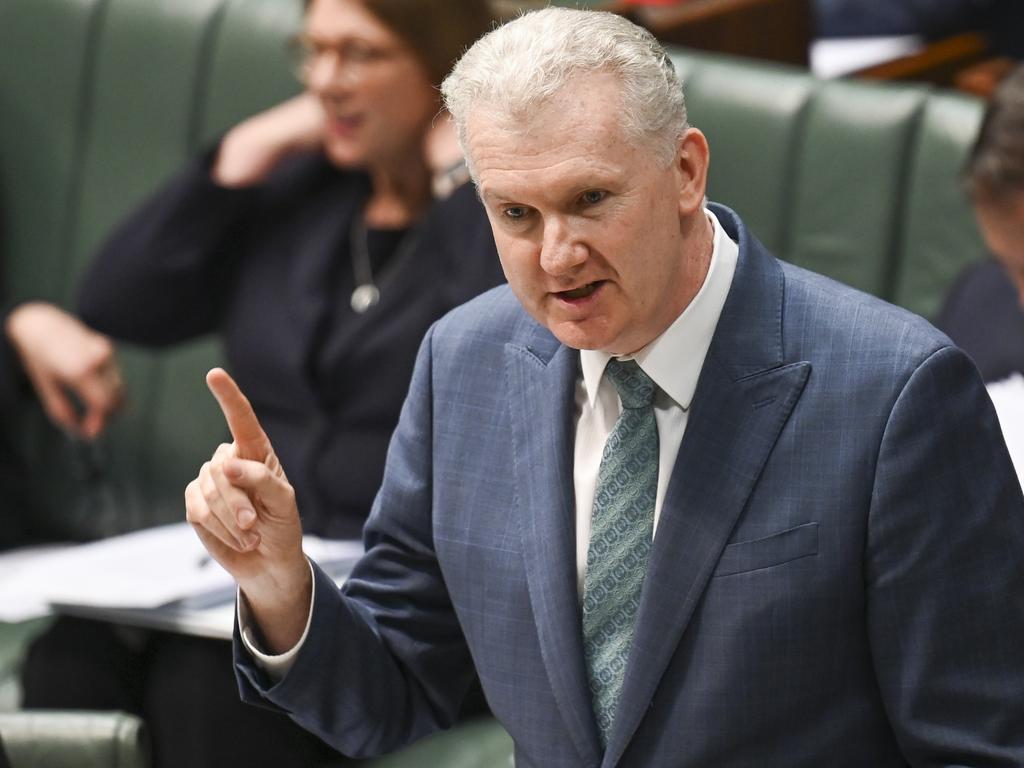
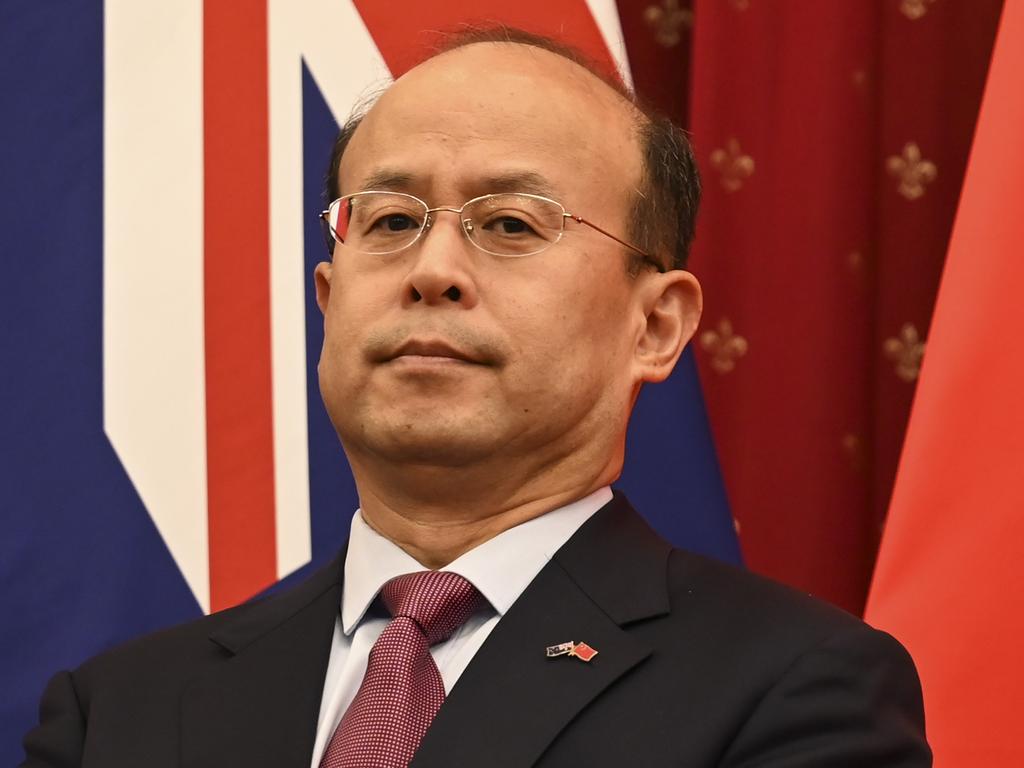



Well aware of the dangers to a prime minister and government with low public support going into the fraught period of the Australia Day holiday and the February resumption of parliament, Anthony Albanese has launched into a frenetic, almost frantic, mid-January political campaign.